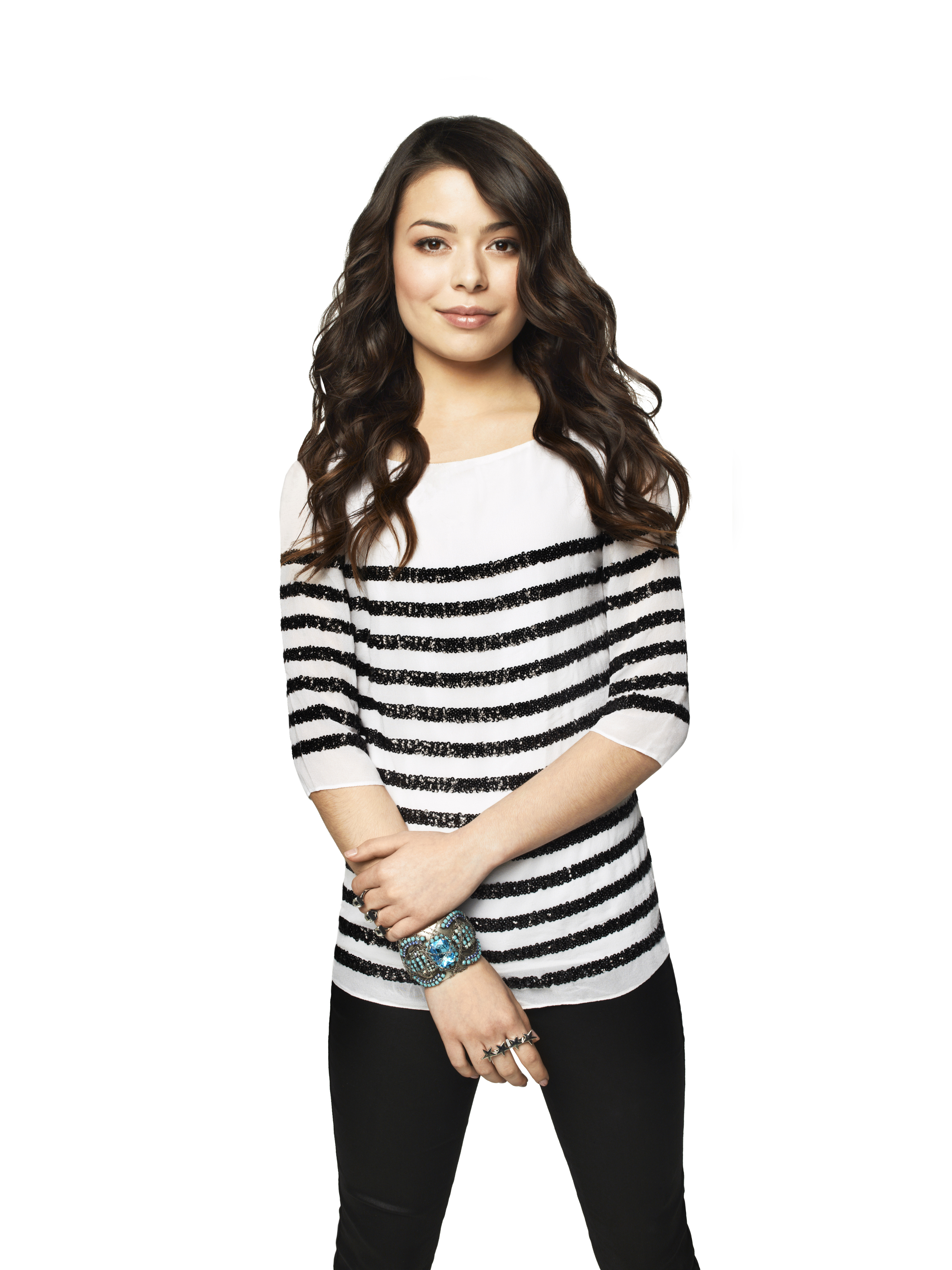Carly Jane Only Fans Leaks: What The Search Term Really Means For Online Privacy
It's a curious thing, how certain phrases or names can pick up speed online, sparking all sorts of questions and, sometimes, a bit of confusion. When a search term like "Carly Jane Only Fans leaks" starts appearing, it really gets you thinking about what's going on in the digital world. It's not just about the words themselves; it's about the bigger picture of online identity, personal boundaries, and how information—or misinformation—travels so quickly these days. This kind of search, in a way, highlights the very real challenges individuals face when their names, or even just similar names, become connected with content they might not have any part in creating or sharing.
We're living in a time where anyone with an internet connection can, you know, look up almost anything. This incredible access also brings a responsibility, both for those creating content and for those consuming it. Sometimes, a name like "Carly Jane" might bring to mind someone you know from a family-friendly online space, like perhaps the "Carlayleehd" channels, where people share bits of their lives or gaming adventures. Then, to see that same name linked with something like "leaks" can be quite jarring, and it really shows how easily identities can get mixed up or even misrepresented online, which is a bit scary, to be honest.
So, our goal here is to unpack this specific search term, not to confirm or spread rumors, but to explore the broader themes it touches upon. We'll talk about why privacy matters so much in our digital lives, how speculation can impact people, and what we all can do to be more mindful online. It's a chance to consider the digital footprint we leave and the importance of respecting others' online spaces, too. In some respects, it's about being a good digital citizen, you know?
Table of Contents
- Who Is Carly Jane? Unraveling a Digital Identity
- The Online Echo Chamber: How Rumors Take Hold
- Safeguarding Your Digital Footprint: Tips for Everyone
- The Impact of Speculation and Misinformation
- Understanding Online Platforms and Their Purpose
- Being a Responsible Digital Citizen
- Frequently Asked Questions About Online Privacy and Rumors
- Conclusion: A Call for Digital Mindfulness
Who Is Carly Jane? Unraveling a Digital Identity
When a name like "Carly Jane" pops up in search queries, it can refer to many different people, or even just a general idea. In the context of online content, a "Carly Jane" might be a fictional representation of a content creator who, perhaps, shares family-friendly videos or gaming content, much like those you might find on channels such as "Carlayleehd," "Carlie HD," or "Carlaylee HD Gaming." These creators often build a community, a "cc squad," as it were, around their wholesome content, making their public presence all about entertainment and connection. So, it's almost a little strange to see such a name associated with something like "leaks."
It's also worth remembering that "Carly" is a name that appears in many different contexts. For instance, there's a popular car diagnostic tool called Carly, which helps car enthusiasts and even skilled technicians understand their vehicle's status, perform maintenance, and, you know, perhaps even turn off that pesky check engine light. This "Carly" is all about helping you become your "inner car hero" by providing expert knowledge and actionable information through an app and a universal scanner. It works for a wide range of car brands, from Audi to Mercedes. This just goes to show how a simple name can mean very, very different things depending on the context.
This commonality of names can sometimes lead to misunderstandings online. People might search for one thing and accidentally stumble upon something completely unrelated, or they might confuse different individuals who happen to share a similar name. This highlights a crucial aspect of our digital world: the need for clarity and careful consideration when we encounter information, especially when it involves personal reputations. It's a bit like when you hear about a "doll maker trick on Carlie" – you wonder which Carlie they mean, you know? There are many Carlies out there.
Personal Details and Bio Data of a Fictional Online Persona
To better understand the potential impact of online rumors, let's consider a hypothetical "Carly Jane" who is a content creator, drawing inspiration from the kind of public persona seen on channels like "Carlayleehd." This table provides a fictional overview:
| Detail | Description |
|---|---|
| Name | Carly Jane (Fictional Persona) |
| Primary Content Focus | Family-friendly vlogs, gaming, lifestyle content |
| Associated Channels/Platforms | Carlayleehd, Carlie HD, HD Fam, Loki, Carlaylee HD Gaming (drawing from provided text) |
| Audience | Primarily young viewers, families, gaming enthusiasts |
| Public Persona | Upbeat, approachable, community-focused (part of the "cc squad") |
| Digital Presence Goal | To entertain, share experiences, and build a positive online community |
This fictional profile really helps us see the contrast. Someone with this kind of public image, so, you know, focused on wholesome content, would find any association with "leaks" to be extremely damaging and completely out of character. It underscores why understanding the nuances of online information is very, very important.
The Online Echo Chamber: How Rumors Take Hold
It's fascinating, and a little troubling, how quickly information—or even just a whisper of a rumor—can spread across the internet. Think of it like a game of telephone, but on a global scale. Someone types a query into a search engine, perhaps "carly jane only fans leaks," and then, that search itself can, in a way, lend a certain weight to the idea, even if there's no real substance behind it. This phenomenon is often called an "online echo chamber," where a piece of information, regardless of its truthfulness, gets repeated and amplified, seemingly confirming its existence just by the sheer volume of discussion around it.
A query might start from pure curiosity, or it could be fueled by speculation. Sometimes, it's just a misunderstanding, like confusing one "Carly" with another, or misinterpreting content. But once a phrase gains traction, it tends to show up more in search results, which then encourages more people to search for it, creating a sort of self-fulfilling cycle. This is why, you know, it's so important to think critically about what we see and share online. It's not always what it seems, apparently.
This rapid spread of unverified information can have very real consequences for individuals. Imagine being a content creator, perhaps someone who has built a positive community around channels like "Carlayleehd," and then suddenly finding your name associated with something completely out of character. It can be quite upsetting, and it really highlights the fragility of online reputations. It's a tricky situation, especially since the internet never truly forgets, does it?
Safeguarding Your Digital Footprint: Tips for Everyone
In this digital age, managing your online presence, or your "digital footprint," is more important than ever. It's about being mindful of what you share, what others might share about you, and how your name appears in searches. For anyone, whether you're a public figure or just someone who uses the internet every day, taking steps to protect your online identity is a very sensible thing to do. So, let's talk about some practical ways to do just that, more or less.
For Content Creators and Public Figures
If you're someone who puts yourself out there, like the folks behind "Carlayleehd" or "Carlie HD," you're perhaps more exposed to the whims of the internet. Here are some thoughts on keeping things safe:
Be Thoughtful About What You Share: Every piece of content you put out there contributes to your public image. Think about the long-term implications of what you post. What seems harmless today might be viewed differently later, you know?
Maintain Clear Boundaries: It's good to have a clear line between your public persona and your private life. Not everything needs to be shared, and that's perfectly fine. Some things are just for you, apparently.
Regularly Check Your Online Presence: Every now and then, it's a good idea to search your own name to see what comes up. This helps you stay aware of how you're being represented online and if any misinformation is spreading. It's like checking your car with the Carly app; you want to know what's going on under the hood, so to speak.
Engage Responsibly: If you see rumors or false information, consider how to address it. Sometimes, ignoring it is best, but other times, a calm, factual correction might be needed. It really depends on the situation.
Secure Your Accounts: Use strong, unique passwords for all your social media and content platforms. Two-factor authentication is also a very good idea. It's a basic step, but so important, actually.
Understand Platform Policies: Know the rules of the platforms you use. This helps you understand your rights and how to report problematic content if it arises. For example, if you're using a platform that allows user-generated content, understand their guidelines on what's permitted.
For the Everyday Internet User
Even if you're not a content creator, your digital footprint still matters. Here's how you can protect yourself and be a more responsible internet user:
Think Before You Share: Before you share an article, a video, or a social media post, take a moment to consider if it's accurate and if it's something you truly want to be associated with. Is it really true? Do you know the source? It's just a little pause that can make a big difference.
Verify Information: Don't just take things at face value. If you see something surprising or sensational, try to find another reputable source that confirms it. A quick search can often clear things up, or at least show you different perspectives. You know, like getting a second opinion.
Respect Privacy: Remember that behind every screen name or profile, there's a real person. Be mindful of what you say about others online, and always respect their privacy. Spreading rumors, even if you don't mean harm, can have serious consequences for others. It's about treating people with consideration, basically.
Adjust Privacy Settings: Take some time to go through the privacy settings on your social media accounts and other online services. You can often control who sees your posts, your photos, and your personal information. It's a very simple step that offers a lot of control, usually.
Be Wary of Clickbait: Headlines designed to shock or provoke are often not telling the full story. If something seems too wild to be true, it probably is. Just be a little skeptical, sometimes.
Report Harmful Content: If you come across content that is clearly abusive, hateful, or promotes illegal activities, report it to the platform administrators. This helps make the internet a safer place for everyone. It's something we can all do, right?
The Impact of Speculation and Misinformation
The spread of unverified information, especially when it involves personal lives, can have a truly significant and lasting impact. For someone whose name is suddenly linked to a search term like "carly jane only fans leaks," even if it's completely false, the consequences can be quite severe. It's not just about a momentary embarrassment; it can affect their reputation, their relationships, and even their mental well-being. People might start to look at them differently, or perhaps, you know, make assumptions that aren't true at all.
This kind of speculation can create a cloud of doubt that's very hard to shake off. Once something is out there on the internet, it tends to stick around, almost permanently. This means that even if the rumors are debunked, the initial search results or mentions can persist, causing ongoing distress. It's a tough situation, especially for those who rely on a positive public image, like content creators from "Carlayleehd" or other similar channels. Their livelihood, in a way, depends on trust and authenticity.
Moreover, the energy spent addressing or simply coping with misinformation is energy that could be used for positive endeavors. It diverts attention from genuine content creation, community building, or even personal growth. It truly highlights the need for collective responsibility in how we engage with and share information online. We all play a part in shaping the digital environment, and choosing to be thoughtful can make a real difference, apparently.
Understanding Online Platforms and Their Purpose
It's also important to understand the different kinds of online platforms that exist and what they are generally used for. Some platforms, like YouTube, where you might find channels such as "Carlayleehd," are primarily for sharing videos, often for entertainment or educational purposes. Other platforms are designed for social networking, connecting friends and family. Then, there are platforms like OnlyFans, which are subscription-based services where creators can share exclusive content directly with their fans, often of a more adult nature.
Knowing the general purpose of a platform helps in understanding the context of content found there. When a search term combines a name, a platform, and a word like "leaks," it often points to a misunderstanding or a deliberate attempt to find content that might be shared without consent. It's a stark reminder that not all content is meant for public consumption, and respecting the boundaries set by creators and platforms is very, very important. It's a bit like knowing the difference between using the Carly OBD tool for car diagnostics versus using a general mapping app; they both involve technology, but their functions are entirely different, you know?
Responsible engagement means not seeking out or sharing content that is clearly private or potentially non-consensual. It means recognizing that every platform has its own community guidelines and ethical considerations. By being informed about these differences, we can all contribute to a more respectful and secure online space. This understanding is, in some respects, a foundational piece of being a good digital citizen, really.
Being a Responsible Digital Citizen
Ultimately, the discussion around terms like "carly jane only fans leaks" boils down to a fundamental principle: being a responsible digital citizen. This means more than just avoiding illegal activities; it means acting with integrity, empathy, and respect in all your online interactions. It's about recognizing the human beings behind the screens and understanding that your actions online can have very real-world consequences, too.
For instance, just as a car owner uses the Carly app to maintain their vehicle and prevent issues, we, as internet users, need to maintain our digital spaces and prevent the spread of harmful information. It's about proactive care and thoughtful engagement. This includes thinking about the source of information, questioning sensational claims, and choosing not to amplify content that could be harmful or misleading. It's a bit of a daily practice, you know?
By consciously choosing to engage responsibly, we can help create an internet that is safer, more respectful, and more trustworthy for everyone. This means supporting creators who produce positive content, like those from "Carlayleehd," and actively working against the spread of rumors and misinformation. It’s a collective effort, and every individual choice contributes to the overall health of the online environment. Learn more about online safety on our site, and also check out this page about digital wellbeing for more insights.
Frequently Asked Questions About Online Privacy and Rumors
People often have questions when topics like online privacy and rumors come up. Here are some common inquiries, you know, that might help clear things up a bit:
Who is Carly Jane?
Carly Jane, in the context of discussions around search terms like "Carly Jane Only Fans leaks," often refers to a hypothetical or generalized figure representing a content creator. This could be someone who produces family-friendly content, similar to what you might find on channels like "Carlayleehd," or it could be a completely different individual. It's important to recognize that names can be shared by many people, and a search query doesn't necessarily refer to a specific, verified person, which is a bit confusing, honestly.
How do online rumors spread?
Online rumors typically spread very quickly through various channels, including social media, forums, and even direct messages. They often gain traction when people share information without verifying its accuracy, perhaps because it's sensational or aligns with existing biases. The rapid sharing creates an "echo chamber" effect, where the rumor seems more credible simply because many people are talking about it. It's a pretty common phenomenon, actually.
What can content creators do to protect their privacy?
Content creators can take several steps to protect their privacy. This includes being mindful of the personal details they share publicly, using strong and unique passwords for all their accounts, and enabling two-factor authentication. Regularly checking their online presence by searching their own name can also help them stay aware of what's being said about them. Understanding the privacy settings on various platforms and reporting any harmful or non-consensual content are also very important measures. It's about being proactive, you know?
Conclusion: A Call for Digital Mindfulness
<
Carly - iCarly Photo (30940589) - Fanpop

Discovering Carly Jane Age: A Journey Through Time

Carly - iCarly Photo (30940528) - Fanpop